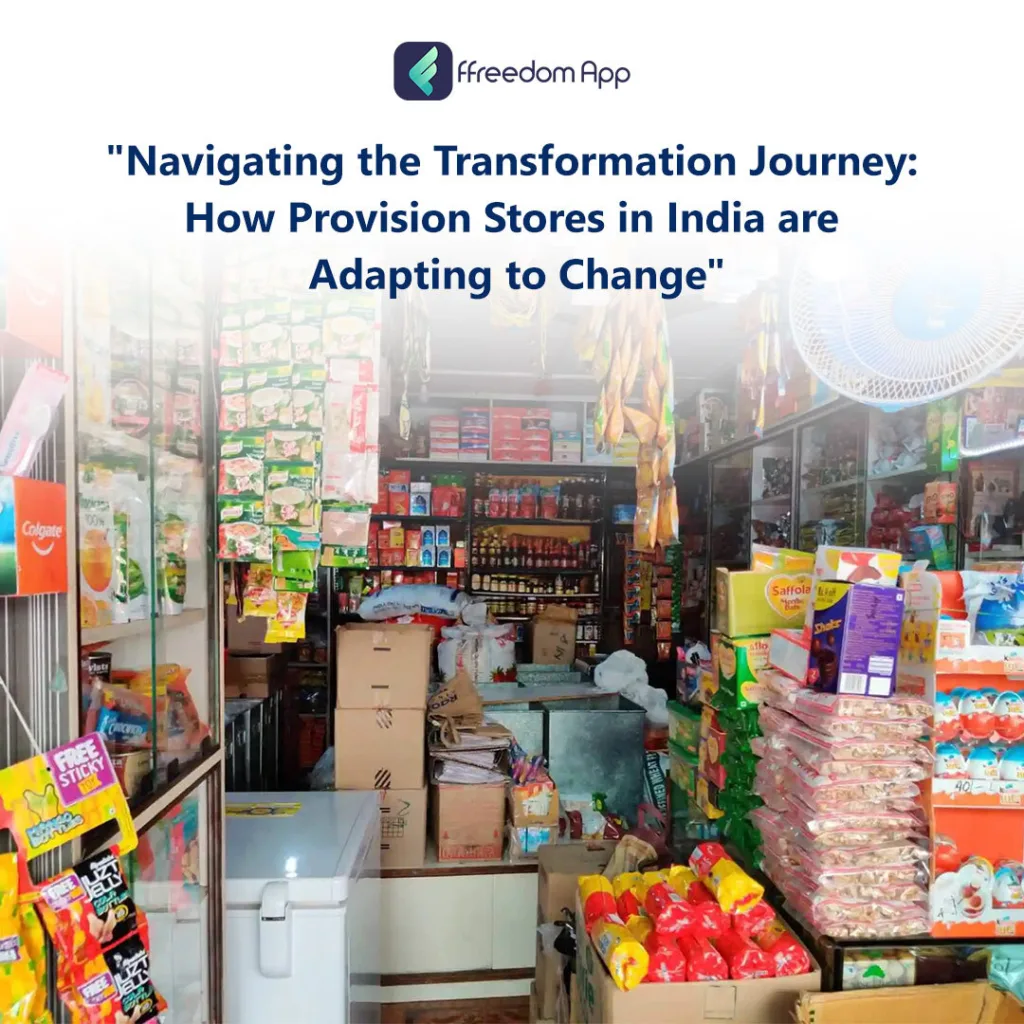A provision store, also known as a convenience store or corner store, is a small retail business that sells a limited range of household goods and groceries. Many provision stores are independently owned and operated, and they play an important role in providing convenient access to essential goods and services in neighbourhoods and communities worldwide.
Over the past few decades, the retail landscape has undergone significant transformation due to the rise of e-commerce and big-box stores. As a result, many small provision stores have faced challenges in remaining competitive and relevant to their customers. However, some stores have successfully adapted to these changes and have undergone their transformation journey to stay successful.
Here are some key elements that can be included in an article on the transformation journey of a provision store:
- Expanding the product range: One way that provision stores can adapt to changing consumer preferences is by expanding the range of products they offer. This can include adding new categories such as health and beauty products, household supplies, and electronics. Stores may also consider carrying locally-sourced or specialty products to differentiate themselves from larger competitors.
- Improving the shopping experience: Another way that provision stores can adapt to the changing retail landscape is by improving the shopping experience for customers. This can involve modernizing the store layout, adding self-checkout kiosks or online ordering options, and offering additional services such as in-store events or a loyalty program.
- Leveraging technology: Technology can also play a role in the transformation journey of a provision store. This can include investing in point-of-sale systems, inventory management software, and online marketing tools to improve efficiency and reach more customers. Some stores may also consider offering delivery or pickup services to meet the needs of customers who prefer to shop online.
- Building relationships with customers: Building strong relationships with customers is key to the success of any retail business, and this is especially important for small provision stores. Stores can foster customer loyalty by offering personalized service, responding to feedback and concerns, and participating in community events and initiatives.

By embracing change and adopting new strategies and technologies, provision stores can successfully navigate their own transformation journey and continue to serve their customers effectively.
In conclusion, the transformation journey of provision stores in India has been influenced by a range of factors, including the rise of e-commerce, the expansion of big-box retailers, and changing consumer preferences. To remain competitive and relevant, many stores have had to adapt and modernize their operations, including expanding their product range, improving the shopping experience, leveraging technology, and building relationships with customers.
While the transformation journey has presented challenges for many small provision stores, it has also presented opportunities for those that can adapt and innovate. By embracing change and adopting new strategies and technologies, these stores have remained prosperous and continue to serve their communities effectively. As the retail landscape continues to evolve, the transformation journey of provision stores in India will likely continue.
By following these easy steps, you can start a provision Store and take advantage of this sustainable and cost-effective store in India. You can successfully begin to Provision Stores in India to these pointers. And if you are interested in starting this Provision Store, you should enrol in our Provision Store business course.




